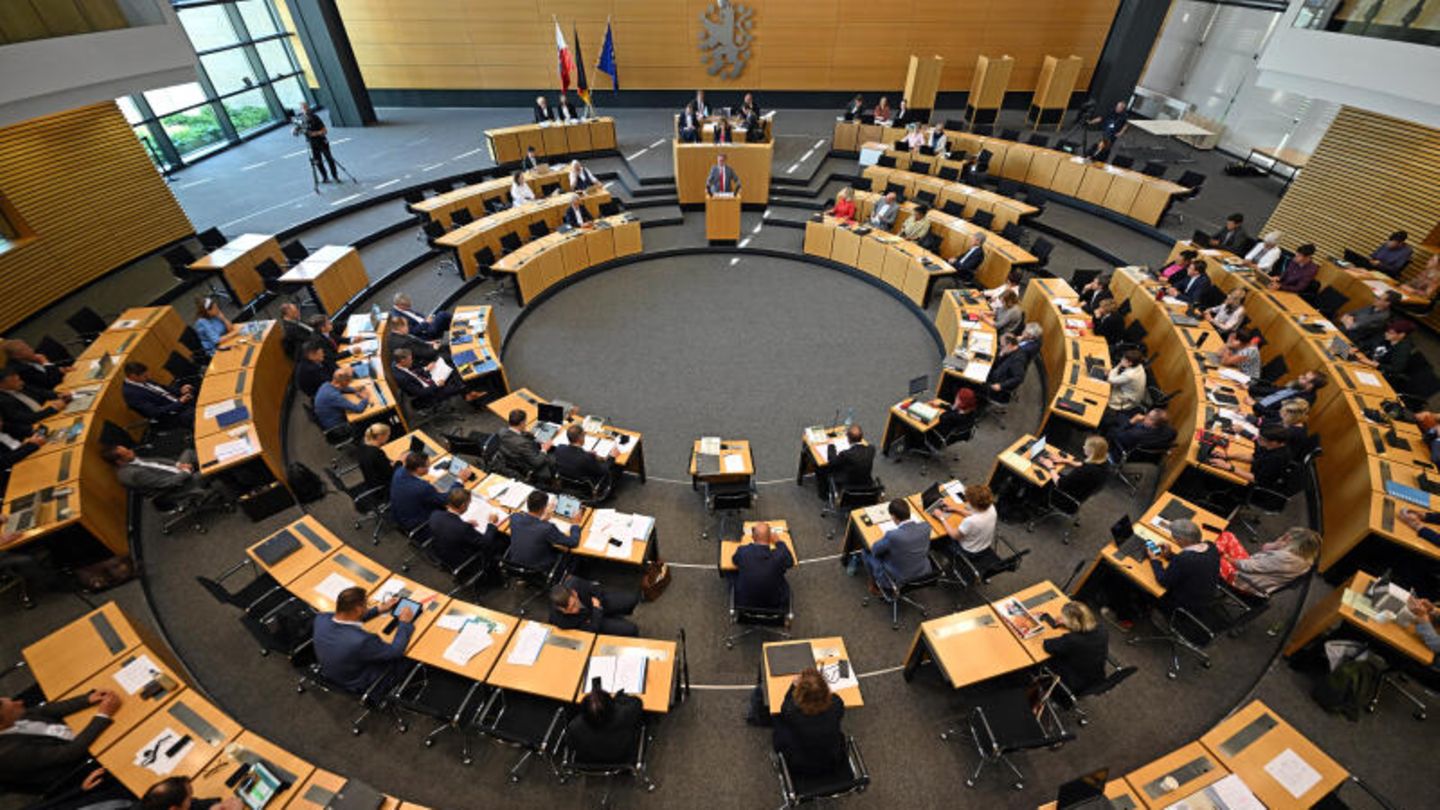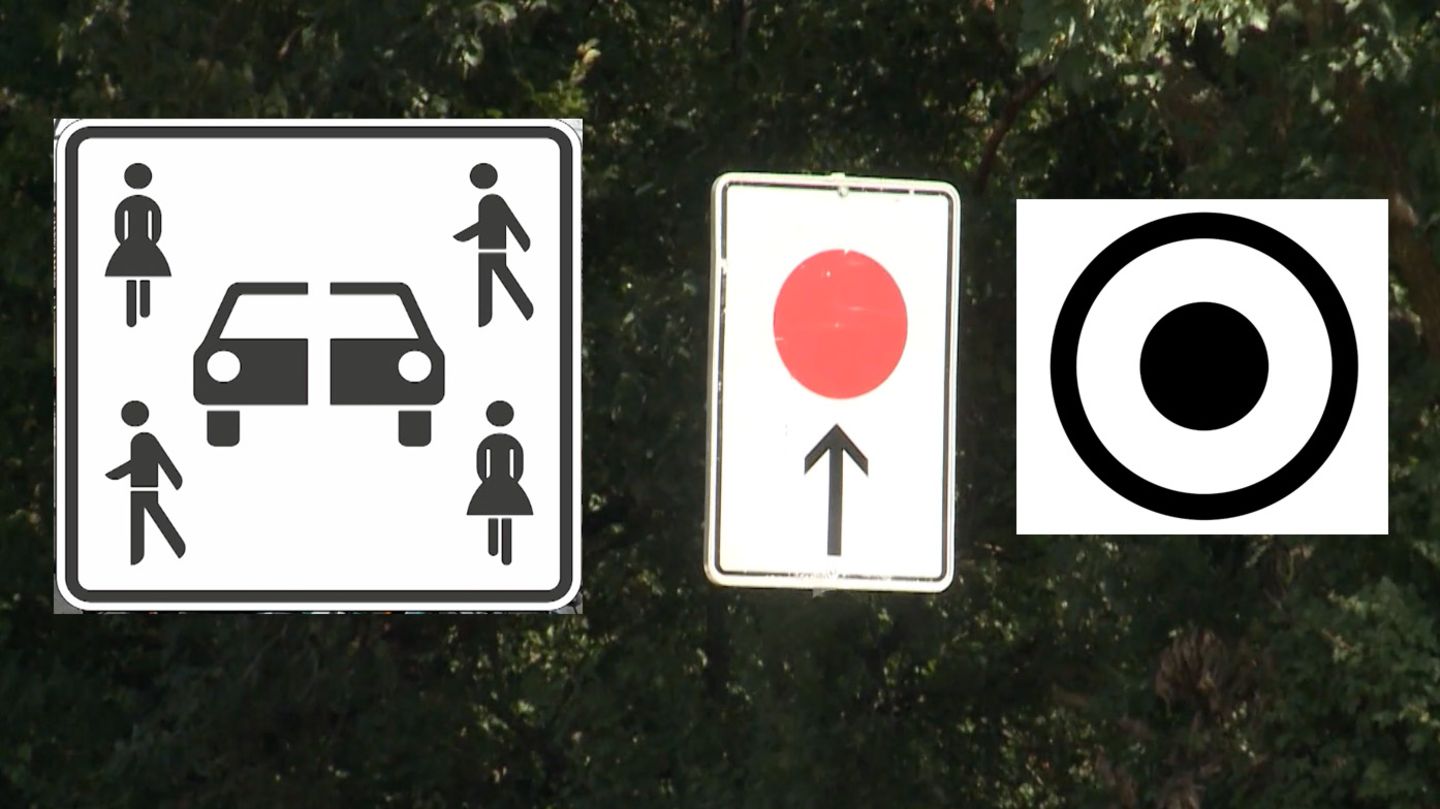In the state elections in Saxony and Thuringia, the AfD achieved blocking minorities. But why is the limit of one third of the seats so important?
Due to its high results in the elections in Saxony and Thuringia, the AfD can block important decisions and elections in both state parliaments in the future.
According to the preliminary final results, the party will have a so-called blocking minority with more than a third of the seats in the Thuringian state parliament – with 32 out of a total of 88 parliamentary seats. In Saxony it was closer, but still enough. There the party won 41 out of a total of 120 parliamentary seats.
AfD wins blocking minority – why it is so important
If the AfD has a blocking minority, certain state laws that have to be decided by a two-thirds majority of all MPs could not be passed without the right-wing parliamentarians.
In Saxony and Thuringia, as in other federal states, constitutional judges and the heads of the state audit offices are elected with a two-thirds majority of all parliamentarians. Certain posts could therefore not be filled without the AfD’s approval. In addition, the state parliaments could not dissolve themselves.
According to the Rules of Procedure of the Thuringian State Parliament, a President of Parliament or his deputies can only be voted out by two thirds of all MPs. Members of the Judicial Election Committee, which decides on the appointment of judges for life in the Free State, must be elected by two thirds of the MPs present at the plenary session when the decision is made.
In Saxony, among other things, chairmen of individual parliamentary committees could only be removed from office by at least two-thirds of parliament.
Source: Stern
I have been working in the news industry for over 6 years, first as a reporter and now as an editor. I have covered politics extensively, and my work has appeared in major newspapers and online news outlets around the world. In addition to my writing, I also contribute regularly to 24 Hours World.




